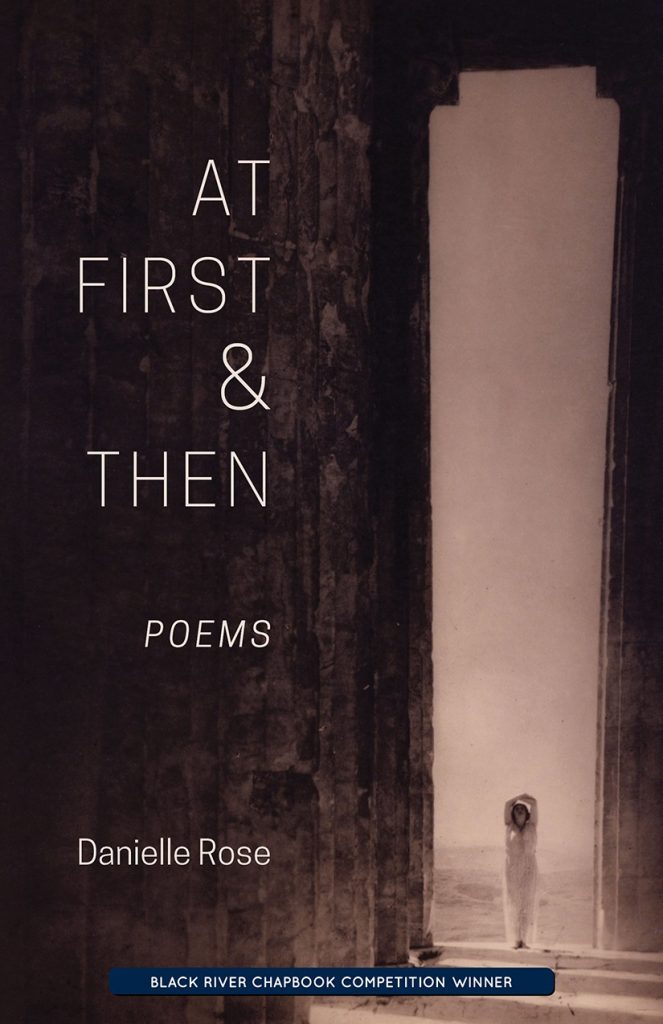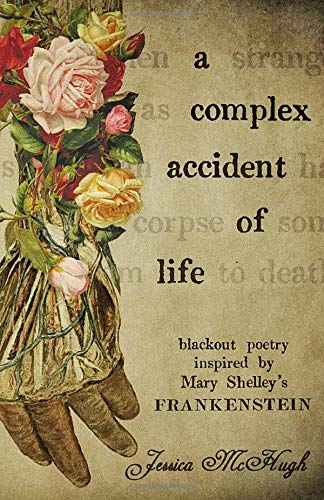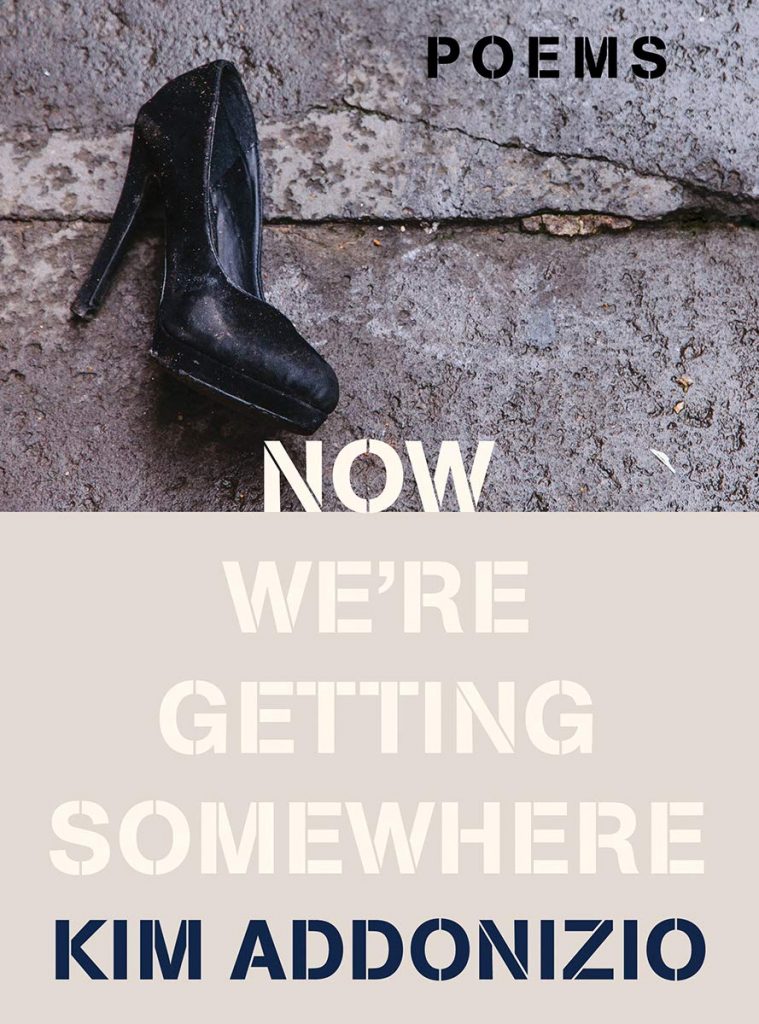
REVIEW BY GABINO IGLESIAS
—
Danielle Rose’s at first & then opens with a few lines from LIFE published in 1947. A couple of lines into the poem that stars under those lines, Rose pulls that suicide and her own life together, weaving a narrative across time in the way only poetry can:
“like me she wanted to disappear?
i have too many of my mother’s tendencies?
perhaps she nervously tapped her foot?
was no fun at parties and did not understand?
that she was not actually broken”
The dark, enigmatic aura of that opening poem is perfectly matched by the following one, which is titled “aleister crowley summoned demons & all i get is this tarot telling me i am always in the wrong.” Despite the humorous title, the poem isn’t funny and once again mentions Rose’s mother. Just like in these two poems, darkness, death, and the self quickly emerge as strong cohesive elements in the collection, and the resulting poetry is often sharp and memorable because it reveals the poet as the shifting, complex center of everything.
at first & then, which won the Fall 2019 Black River Chapbook Competition, deals with trauma, grief, and gender, but always through Rose’s lens, which makes everything feel like a study in identity and a personal confession. The body is present here, a flawed, wonderful thing full of bones, secrets, and desires:
“tell me i am like the sky / & lie to me / tell me i am expansive & clear / i need to hear that joyful clouds reach their hands into my chest / because i can feel them inside of me / storming / telling me i am pretty when i smile / i want to be a set of cascading conditions / like a logical proof or the way i am always sneaking away from my fear / tell me i am prettier when i smile / tell me / become a cloud & tell me that when i am pretty / it is impossible to be so empty”
This chapbook is a tiny gem in which the heavy themes of some of the poems balance perfectly with the wit and humor of some of the titles. For example, “on walking outside with my morning coffee at 9:00 am to find my new neighbors fucking like cottontails in their backyard” is a title that’s hard to forget. The same goes for the poem itself, in which Rose dreams of catching said neighbors in a jar and keeping the there so they can do their thing “against a snapped twig.”
In many ways, at first & then is a journey of transformation, but one that follows no map. Here, grief, trauma, and keen observations reveal the change, but the change itself, while always at the core, never overpowers anything else. These are poems about transformation, becoming, and emergence, but they don’t tackle those subjects in any cliché ways. Instead, each line holds something new, and sometimes that new thing is a powerful revelation: “i am a queer body that was hidden inside a different queer body.” These lines, more then words on the page, feel like the extricated veins of a person who performed poetry surgery on themselves.
Rose’s knack for dictating rhythm and the depth of her writing make at first & then an impressive debut, and hopefully one that announces the arrival of a great new poetic voice with much more to say.
—
Gabino Iglesias is a writer, editor, literary critic, and professor living in Austin, TX. He is the author of ZERO SAINTS and COYOTE SONGS. You can find him on Twitter at @Gabino_Iglesias.
![[PANK]](https://pankmagazine.com/wp-content/themes/pank/assets/images/pank-logo-large.png)



